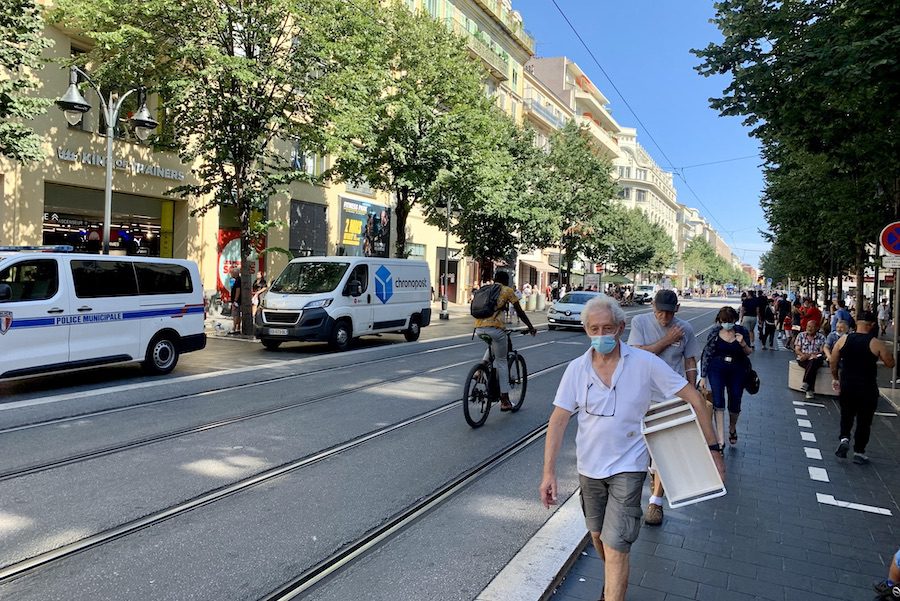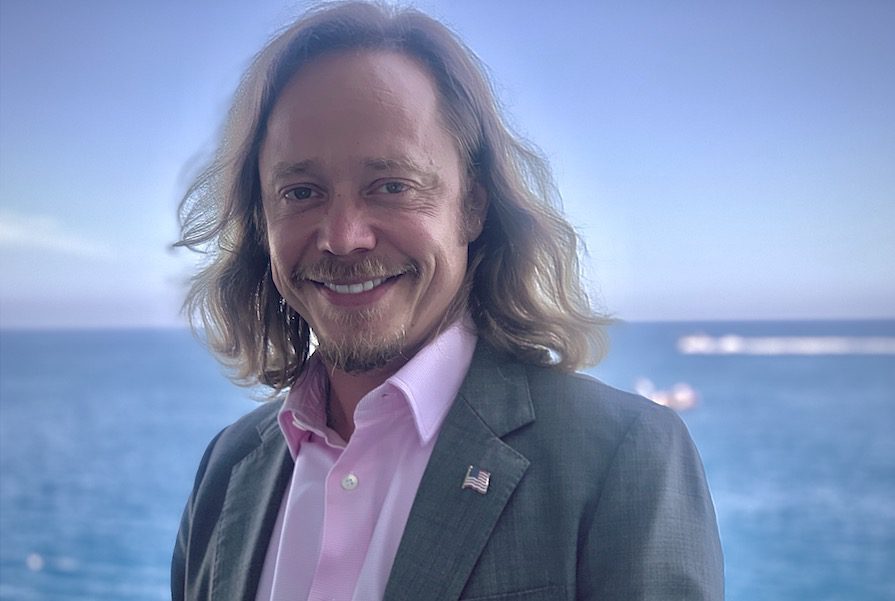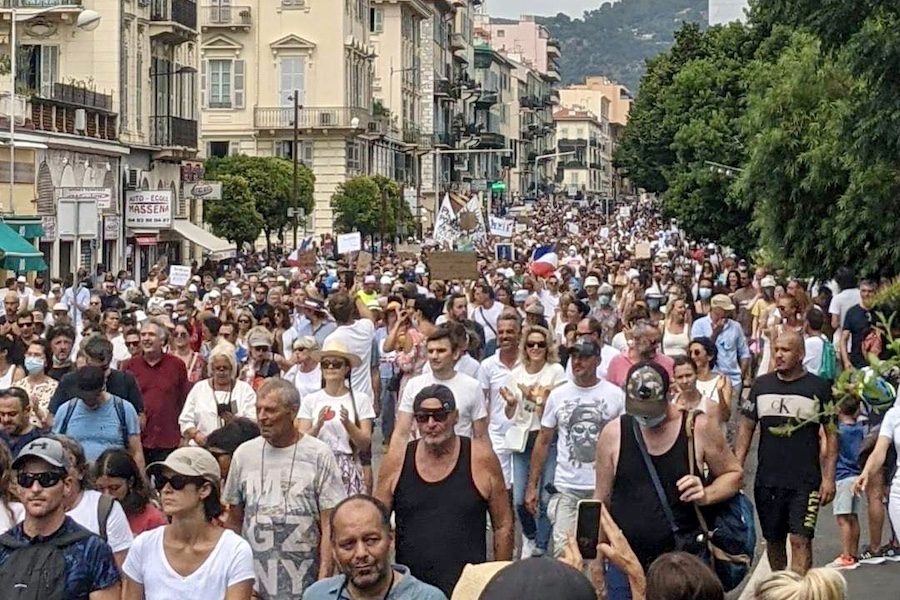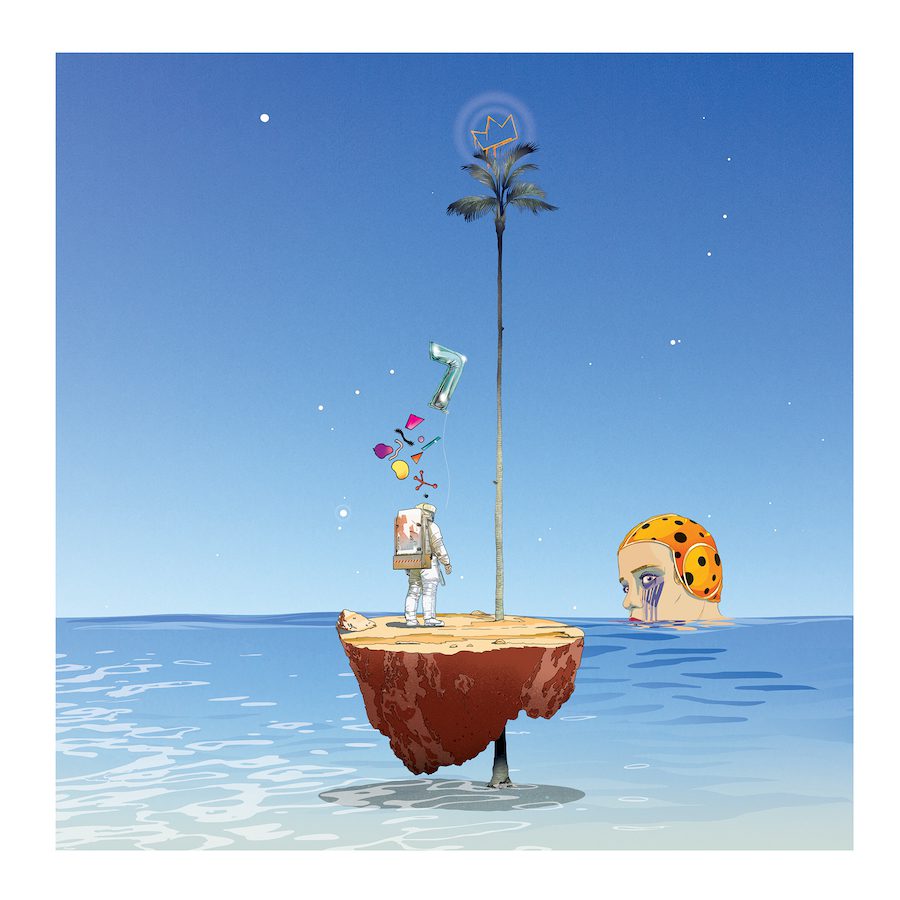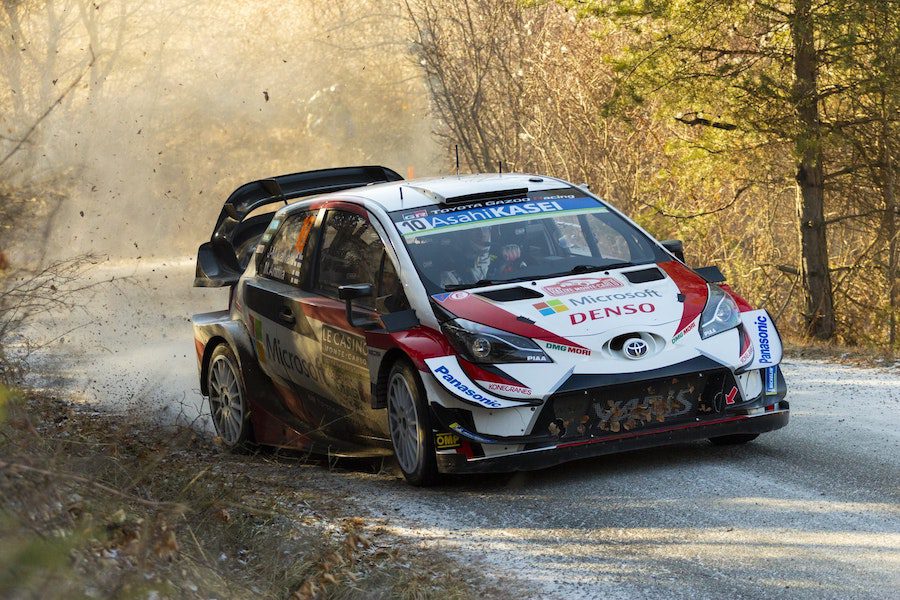During his recent trip to Monaco, we caught up with crypto titan Brock Pierce who gave us his expert insight into the future of Bitcoin, why it is great for clean energy, and how cryptocurrencies are changing the world, for the better.
While we were all trying to figure out dial-up internet in the early 2000s, Brock Pierce was building one of the world’s largest virtual-asset trading companies, Internet Gaming Entertainment, and employing hundreds of thousands of people to play videogames like World of Warcraft to win virtual prizes that he could sell for real money.
The American entrepreneur, philanthropist, and former actor went on to fund dozens of crypto companies, including Mastercoin, Blockchain Capital and Tether, and was listed in Forbes’ first ever list of the richest people in cryptocurrency in 2018.
Monaco Life: It has been a crazy few months in the crypto world. How are you feeling about it all?
Brock Pierce: I am just generally grateful, I enjoy the ride – the highs, the lows, it’s all part of the adventure.
You are considered the Ambassador of Bitcoin. Why is that?
In 2013, 2014, and 2015 I spent a lot of time educating government on digital assets, then I stopped because I thought there were many others doing it. When I ran for president of the United States of America last year I was talking to a lot of legislators on a state and federal basis, and I learned in almost every one of those meetings that no one has talked to them about what is going on here. No one had bothered to meet them and explain anything. So, I have gotten back into the education of government and that’s not just been on a state and federal basis, but also international.
You recently led the first official delegation to El Salvador, which approved the adoption of Bitcoin as its legal currency. What does that mean for the country and others?
The main drivers for El Salvador are financial inclusion, because 70% of the population doesn’t have access to banking or financial tools. Around 4.5 billion people on the planet aren’t or are under-banked – that’s two-thirds of planet, particularly in the developing world. So, this open banking system can address that quickly.
The government in El Salvador is giving 30 dollars worth of Bitcoin to every citizen, so you are going to see the entire nation have a Bitcoin wallet in a matter of months. This is a very big deal. There is an enormous amount of interest amongst developing nations to potentially follow suit. What El Salvador is doing might create a chain reaction, and everyone is looking at what happens in El Salvador. If it all goes well, the dominos will fall. But it is already creating direct foreign investment in the country.
What other opportunities does this create?
There are a few of us that are looking to fund the building of the next power plants in El Salvador, geothermals, where we take a volcano and basically build a very advanced energy infrastructure to produce highly abundant, low-cost clean energy. That’s going to come from foreign investment, and our intention is to finance that.
These developing nations are starting to see the benefits of opening up to innovation; they’re saying “We want to be part of the future”, in the same way that Dubai and Singapore did 50 years ago. When you have visionary leadership and a government that wants to be part of the future, you attract intellectual capital and social capital, because the best and the brightest are looking to do things.
Generally, most governments are in the way of their own progress, and our hands are tied. But if we actually see a visionary leader who says “Build a future here”, there are a lot of us who know how to do it and want to do it.
It all sounds quite revolutionary…
We are not looking for revolution, we’re looking for evolution. It’s about creating a world where the old and the new win together. That’s where the public and private sectors start to work together harmoniously. The El Salvador government is not going away, it’s just figuring out how to serve the people more effectively. In the 21st century, we have a lot of challenges, but we have a lot of solutions as well, and innovation is the answer to most of our problems.
But what about the fact that Bitcoin mining uses an enormous amount of energy?
Thank god for the energy problem. Seriously, Satoshi’s second gift is that we are going to create the world’s clean energy. (Editor’s note: Satoshi Nakamoto is the name used by the presumed person or persons who developed Bitcoin.) We are the reason it is going to happen; we are the primary driver. We used to light our lamps with whale blubber, so why did we upgrade our energy grid? Because we needed a lot of energy. It is the consumption that forces change. And it’s not just Bitcoin, it is all computing, all AI (artificial intelligence) – all advanced computing consumes a lot of energy.
So how do you feel about China pulling the plug on Bitcoin mining and trading in the country?
It is the best thing for the rest of the world. China had a leading advantage, now everyone’s got a shot. Because of China, everything has sped up. China is driving tens of billions of dollars into energy infrastructure immediately. Which is great.
Right now, Bitcoin miners are the primary drivers of upgrading America’s energy grid. That’s what we are doing in El Salvador, and the same thing is happening in the US. We are also going to be financing a lot of the fabs (semi-conductor fabrication plants), we’re the main driver of this and we move faster than anyone else.
And all this is happening right now.
What about the massive 55% correction that Bitcoin saw after it hit the all-time high of 64k in April?
What an incredible event that was – the fact that we had a 50% drop and the system didn’t break. Any other system that this has ever happened to has had to be bailed out by a government. It shows that this system can take that kind of plunge, and it won’t break. Sure, you saw a temporary loss in value on a balance sheet, but the system didn’t skip a beat.
But it showed how volatile Bitcoin is, and that’s why governments are now stepping in to warn investors…
Yes, and we want informed people. I will never give a speech encouraging anyone to invest in anything, I only encourage you to invest in yourself. If you haven’t brought Bitcoin, go buy $20 or $100 worth – something inconsequential. Assume that you are going to lose your first Bitcoin, so it is better to start small, and the earlier you start, in many ways the better off you are.
Think of it not as an investment, but that you are paying for your un-education. Then, through your own understanding and knowledge, you can make informed decisions for yourself. There is a learning curve, you learn through the process of doing.
Once you get comfortable and you understand what’s going on, take a look at your own portfolio and decide what’s right for you, taking into account how old you are and your income versus investable assets. You also have to consider what your level of conviction is. How much do you believe?
So, would your advice be to simply hodl? (Editors note: ‘hodl’ is ‘hold’ in the crypto world)
I do, I don’t trade. Markets go up and down, and unless you are a professional trader, I generally advise against it. I know so many people who sold Bitcoin when it was at $200 to buy in lower, and when Bitcoin went to $10,000, they sold wanting to buy back in at $5,000, but it just kept going up. So, unless you’re a trader, I would say in general “hold”. You can always take some portion if you want to learn how to trade, but don’t take the whole principal. Trading is a practice, and I don’t like the emotional rollercoaster. I am a builder, not a trader, and I support people building things.
Are we in a bear market, or are Bitcoin and alt coins going to skyrocket this year?
I am not sure whether we are in a bear market or not, there are so many compelling data sets right now that I think we can see a fairly rapid recovery. This may be a short-term down market, just look at the rate of institutional adoption, government adoption, what’s going on in China… it is probably just a really good buying opportunity, and I think there is a very good chance we will see a rapid recovery.
Where do you see the year 2021 ending out?
Higher than we are now.
Reaching 3X?
$100,000 Bitcoin next year? It is certainly possible. And when we get to $100,000 Bitcoin, about half or maybe a majority of all the world’s billionaires will have made their money from Bitcoin and cryptocurrency. Think about that for a minute.
Well it is clear that crypto is making millionaires in an entirely new way…
Yes, it is democratised opportunity – opportunity that is available to everyone. The wealth is spread out all over the world, and because people didn’t make it over the course of generations or decades, a lot of them are more willing to invest in things that are needed in the world, to give it to charity. This is the greatest wealth transfer in the history of the world – we are putting money into the hands of younger people who are ready to do the work, at a time when god knows we need.
Will there be mass adoption of crypto assets in the years to come?
It is already happening. There are as many as 300 million people now – this is very real and we are currently in the full phase of adoption.
What about banks creating their own digital currencies? What role will they play in the future?
Government-issued currencies are not going away, it’s like what is happening in El Salvador. Think of it like this. You have your checking account, which is your government issued money that you pay bills with, etc, and you have your savings account – Bitcoin, an asset that is deflationary or appreciates in value over time. We are already used to this, except banks don’t pay you anything in your savings account, so we probably shouldn’t use banks for saving. They’re not very good at that.
Tell us something we don’t know that is going to useful in the future?
Stablecoin-based lending (Editors note: a stablecoin is a digital currency that is pegged to a “stable” reserve asset like the U.S. dollar) is paying out three to 10% interest. Now that is a proper savings account. Is it sustainable? Absolutely. Because as a lender, you are lending directly to a borrower; you are not paying for the retail bank space, the employees, the profit margins, the compliance, etc. The banks generate the same rates, they just keep the majority of it. Instead, you can have access to the full yield, the full potential of your money. It is a pretty amazing thing. Bitcoin aside, your digital dollar accounts are paying out three to 10%, and this is relevant to everyone. Again, go out and learn, because whether the Bitcoin thing appeals to you, whether you get it or not, this should appeal to anyone who has savings of any sort.
Do you think Monaco should capitalise on the crypto “evolution”?
I would hope that Prince Albert does what El Salvador did and makes Bitcoin legal tender in Monaco. If they did that, the Principality would be booming. You would have the biggest Chinese gamblers coming to the Casino. Monaco used to be a place that attracted tremendous wealth – it still does – but not like it used to because the world has changed. Monaco is so well situated, there is the brand of Monaco, banking licenses… there are so many things that Monaco could be doing to benefit greatly from all that’s happening.
